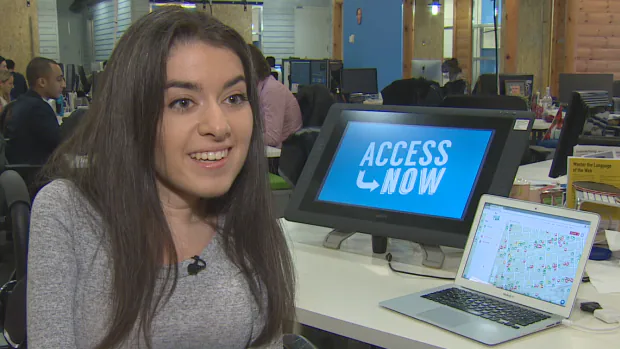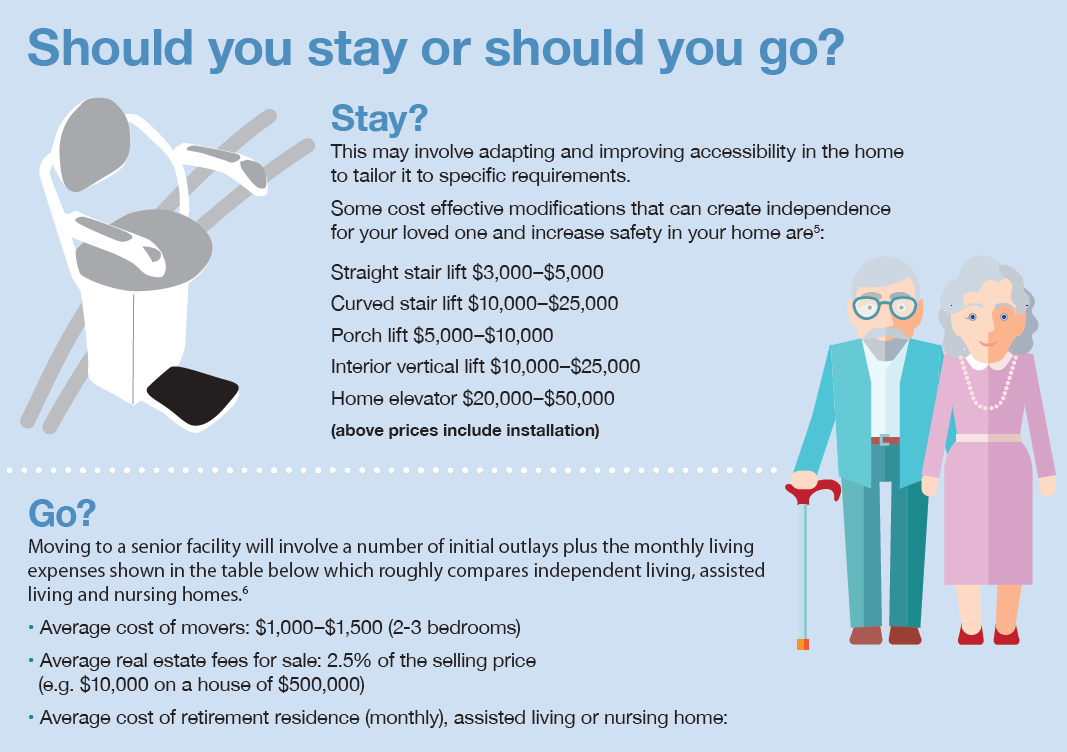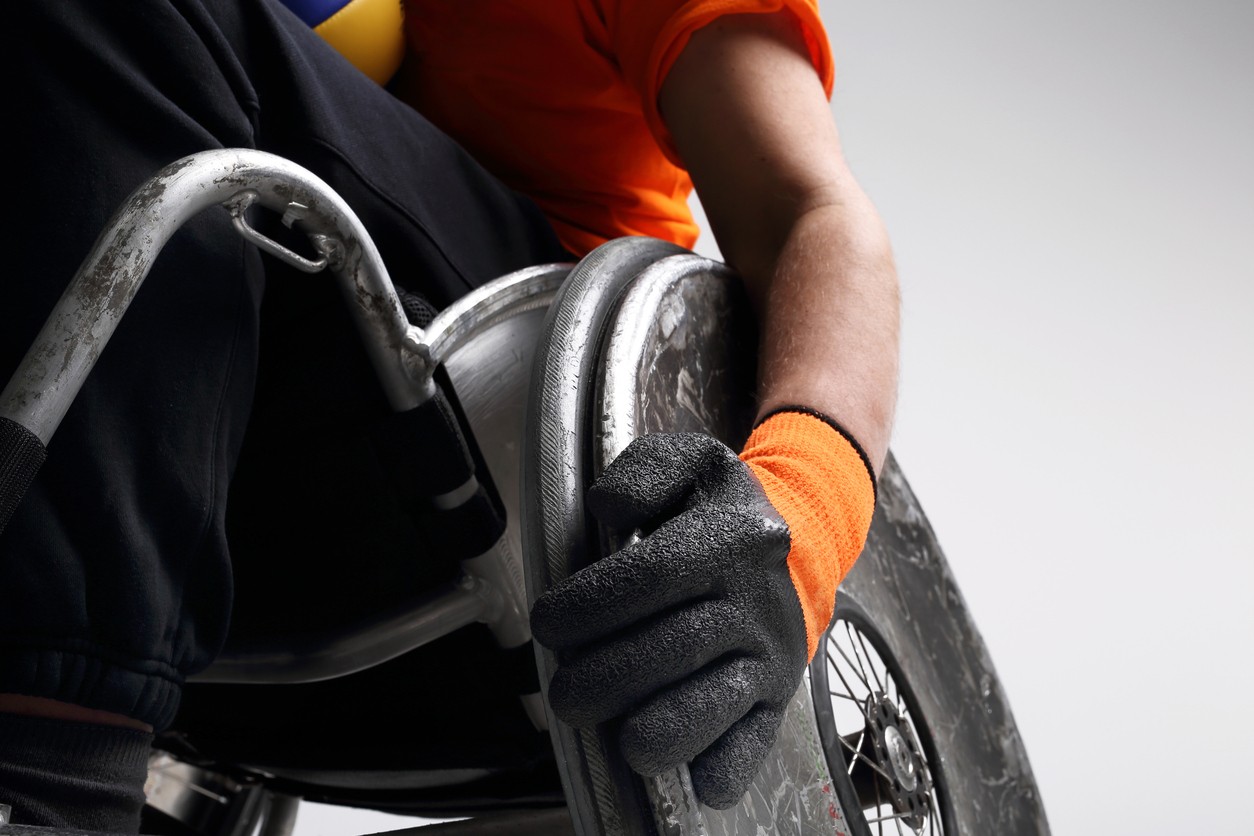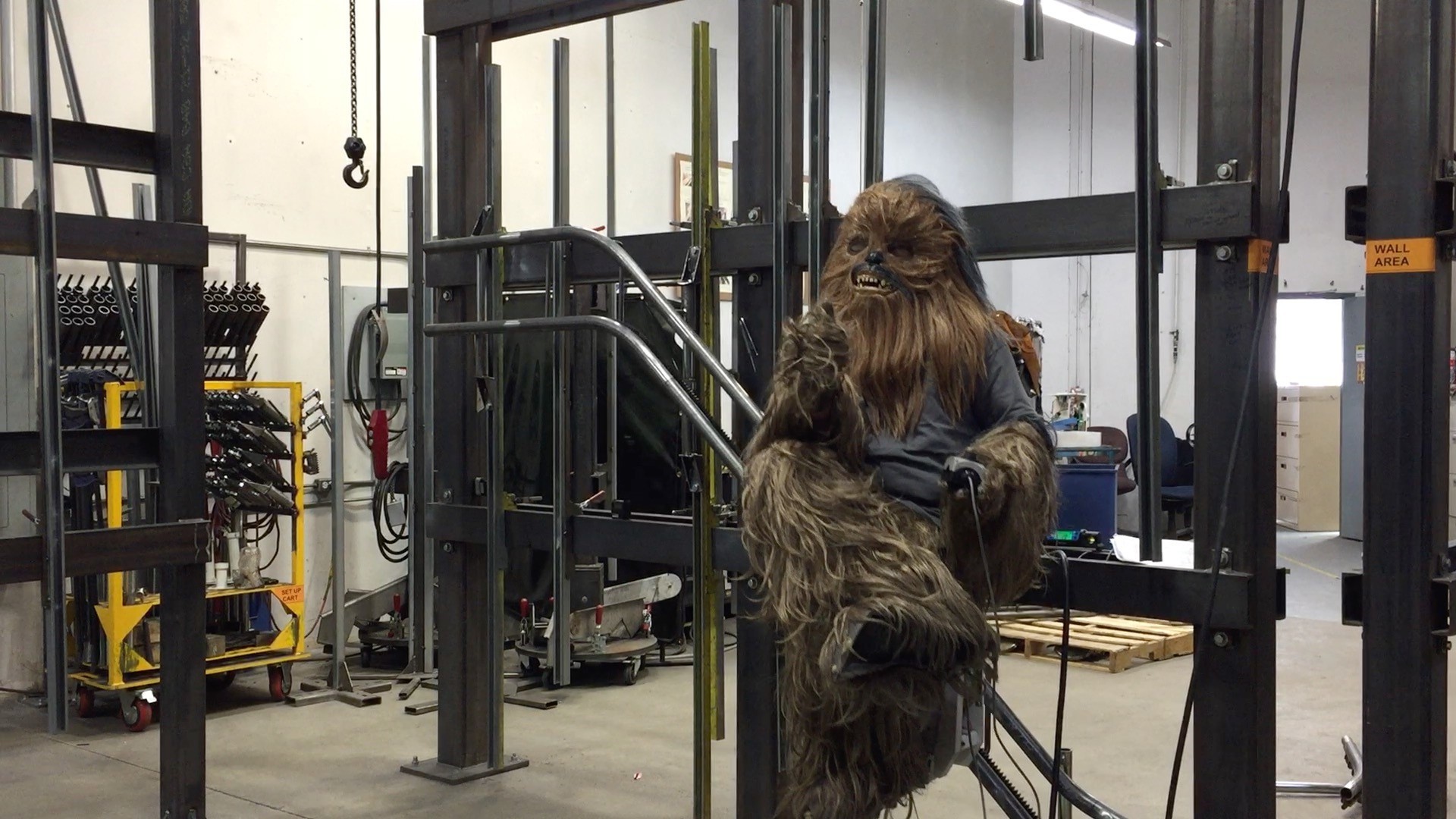When 25 year-old Torontonian Maayen Ziv arrived at a local business, there were three steps at the entrance. She had called earlier and been told that the building was accessible, and upon arrival, she was stuck in the middle of the street.
This experience sparked the idea for AccessNow, a website and app that crowdsources information about accessibility in cities across the world. Maayen’s goal is to prevent that situation from happening again to her or anyone else; making sure she can access buildings or other destinations in her wheelchair has become her life’s work.
“The idea is to be able to crowdsource accessibility information worldwide, bringing together a community of people who understand the needs of people with disabilities or anybody who would need accessibility information,” she told CBC News.
The app uses crowdsourcing to collect and share accessibility information about local restaurants, bars, transit stations, and other places of business. Anyone, from anywhere, can contribute and update information, which is then displayed as virtual pushpins on a map. Users can rate how accessible a location is using a colour-code: green for good, yellow for needs improvement, and red for inaccessible. The team will then contact organizations that receive a yellow or red pin, usually via social media, with some suggestions on how they might make their location more accessible.
Ziv compares the tool to Yelp or TripAdvisor for people who could benefit from seeing accessibility information before visiting a business. She launched the website last summer during the Parapan Am Games, to help assist those visiting Toronto for the first time
The app was created at Ryerson University’s Digital Media Zone (DMZ), a business incubator for tech startups. AccessNow has grown to list more than 2,600 locations in over 120 cities. As for the future? Maayen has two goals. She hopes to share accessibility information worldwide, creating a global map with millions of crowdsourced pins. Maayen would also like to partner with businesses in her home town of Toronto to expand accessibility across the city.
“When you create accessibility at your business you open your doors to a much larger population of people that you might not have been able to cater to before,” she told The Toronto Star. “And that’s not just on a humanitarian level; that’s just good business.”
DMZ is also home to Komodo OpenLab, a technology that provides digital accessibility to those who may be unable to control tech devices by traditional means. Komodo’s switch device, Tecla, allows users to control a range of devices using the same controls used to operate a wheelchair. This allows people with limited mobility the same opportunity to access the digital world and the bevy of products and services that go with it.






